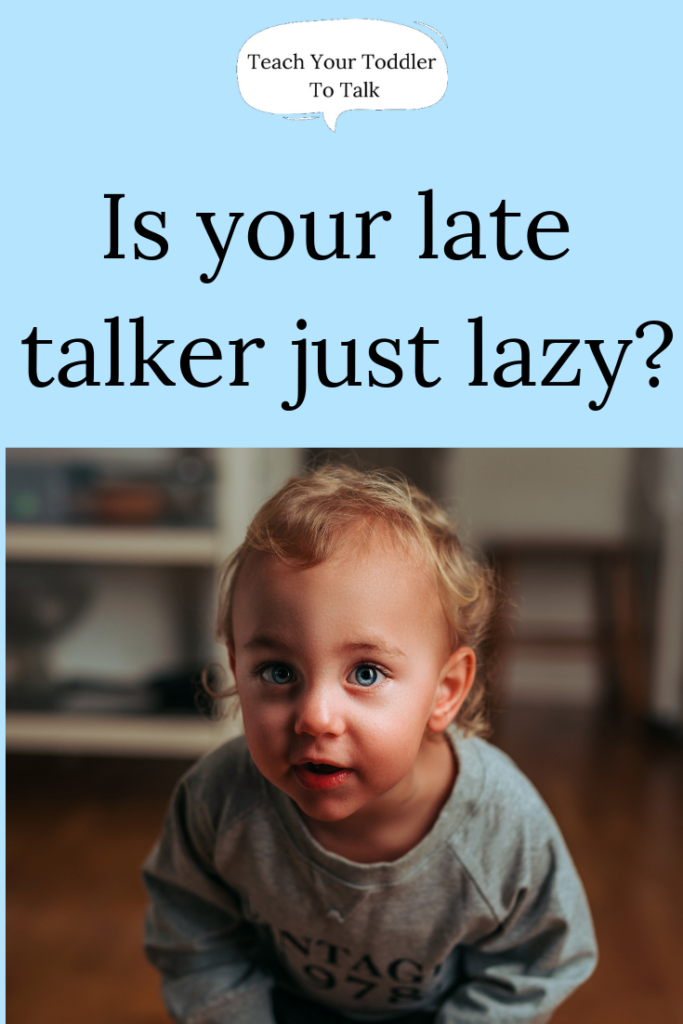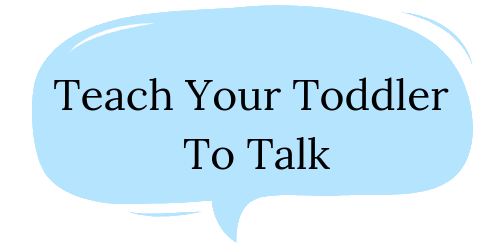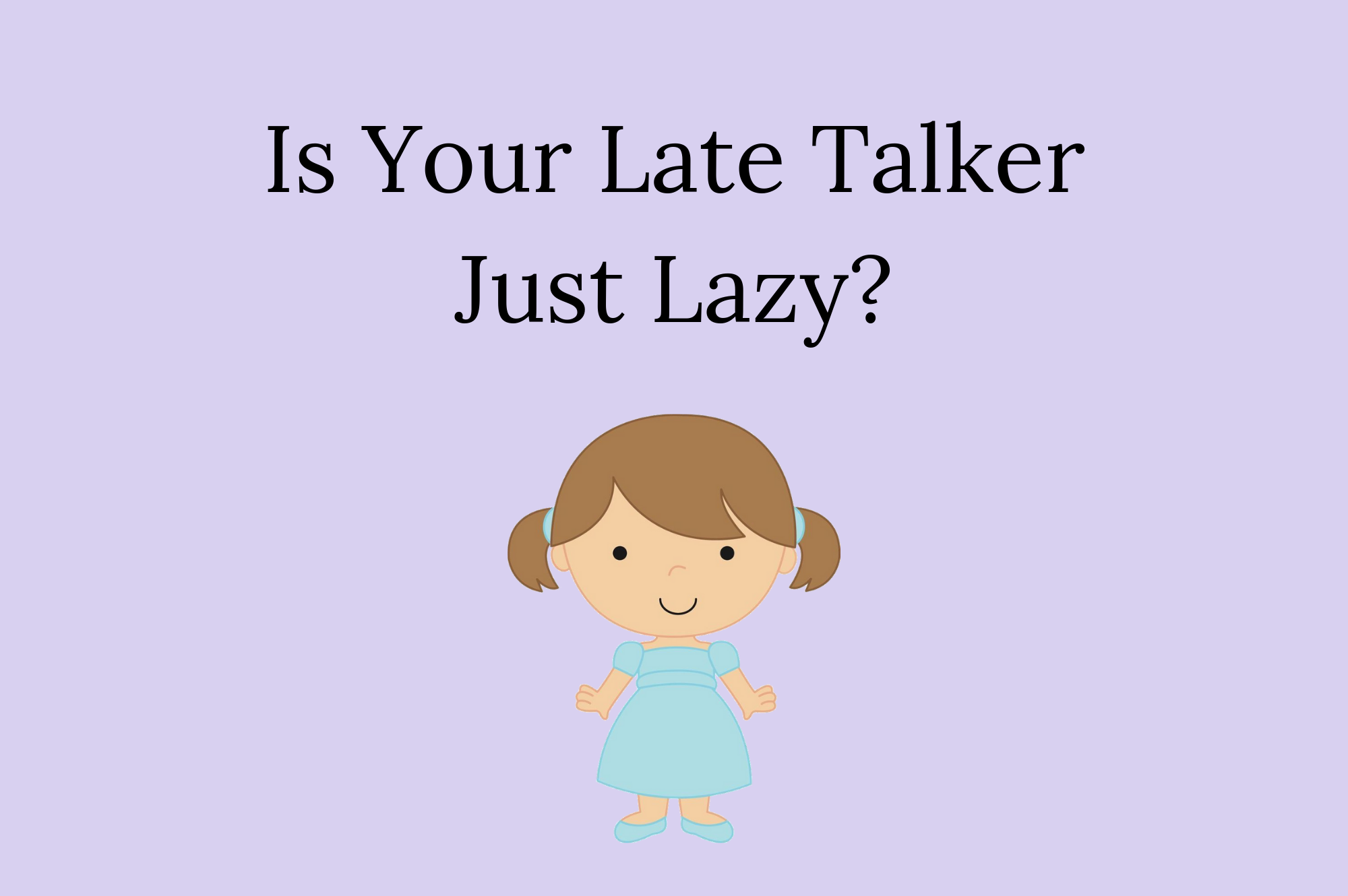When I’m meeting with a parent of a late talker, they often describe their child as “lazy” or “stubborn” because they aren’t talking yet. A lot of parents think that since their child seems to be understanding everything, that they are just choosing not to talk. Today, I want to explain why we should never think of late talkers as lazy, and how that mindset can negatively impact their language development.
Imagine you and your friend have never danced before but you decide to sign up for a dance class together. Your friend seems to pick it up quickly, but you are having trouble knowing your right foot from left, you can’t find the beat and you are getting very frustrated. Would you think of yourself as lazy? I hope not! Likely, you would recognize that dancing is harder for you than it is for your friend. You could get better, but you’ll need some more practice. You might find it easier when the instructor gives you some extra attention and shows you the moves a little bit slower.
It’s the same thing for our late talkers. Talking is a new skill that they are learning, and some children pick it up quicker than others. Learning to talk is a complicated process and your child must learn the foundational skills before they are going to be able to use words and sentences.
THE BUILDING BLOCKS OF LANGUAGE DEVELOPMENT
The graphic below outlines the building blocks that children need in order to learn to talk.The foundation of language development is attention and listening. In typical development, babies are keen observers of the world around them. They are learn by watching people and listening to the words and sounds in their environment. By 6 months of age, babies typically will turn their heads toward a sound, watch your face as you talk, and start to imitate your sounds. They pick up so much from the world around them that contributes to their language development.
Babies also learn so much through play and interaction. Usually around 9 months, they start to enjoy playing games like “peek-a-boo” and “tickles”. These types of games are great for their social development because they learn to watch and observe you, and they are learning the back and forth interaction that is necessary for communicating with others. Babies and toddlers also learn from playing with and exploring different toys and objects.
They also need to understand words. All this looking, listening and interacting pays off as they begin to understand the meaning of words. They need to hear the words many times and pair it with the object or action before they will understand what it means and be able to say it.
If your child has not yet developed the foundational skills for communication, they are going to have difficulty learning to talk. A Speech Language Pathologist can help increase these foundational skills in order to improve their ability to use words.
However, many of you likely have children who have these foundational skills, but they just aren’t talking yet! In this case, they are likely very close to being able to use more words; they might just need some extra help to get there sooner.
The good news is that there are lots of strategies that you can use to help your child talk more. You can find lots of tips on this website, and your speech-language pathologist will help determine the best strategies for your child.
REFRAMING OUR THOUGHTS FROM “LAZY” TO “TALKING IS HARD”!
If we think of our late talkers as “lazy” or “stubborn”, that it implies that this is just how they are and there’s nothing we can do about it. If we can reframe our thinking about our late talker, and recognize that learning to talk is really hard, then it empowers us to be able to do something to help them!
I love teaching moms about the simple strategies that they can easily include in their daily routine to encourage their toddler to imitate and use more words. Click the button below for my top 5 tips to help your late talker!




